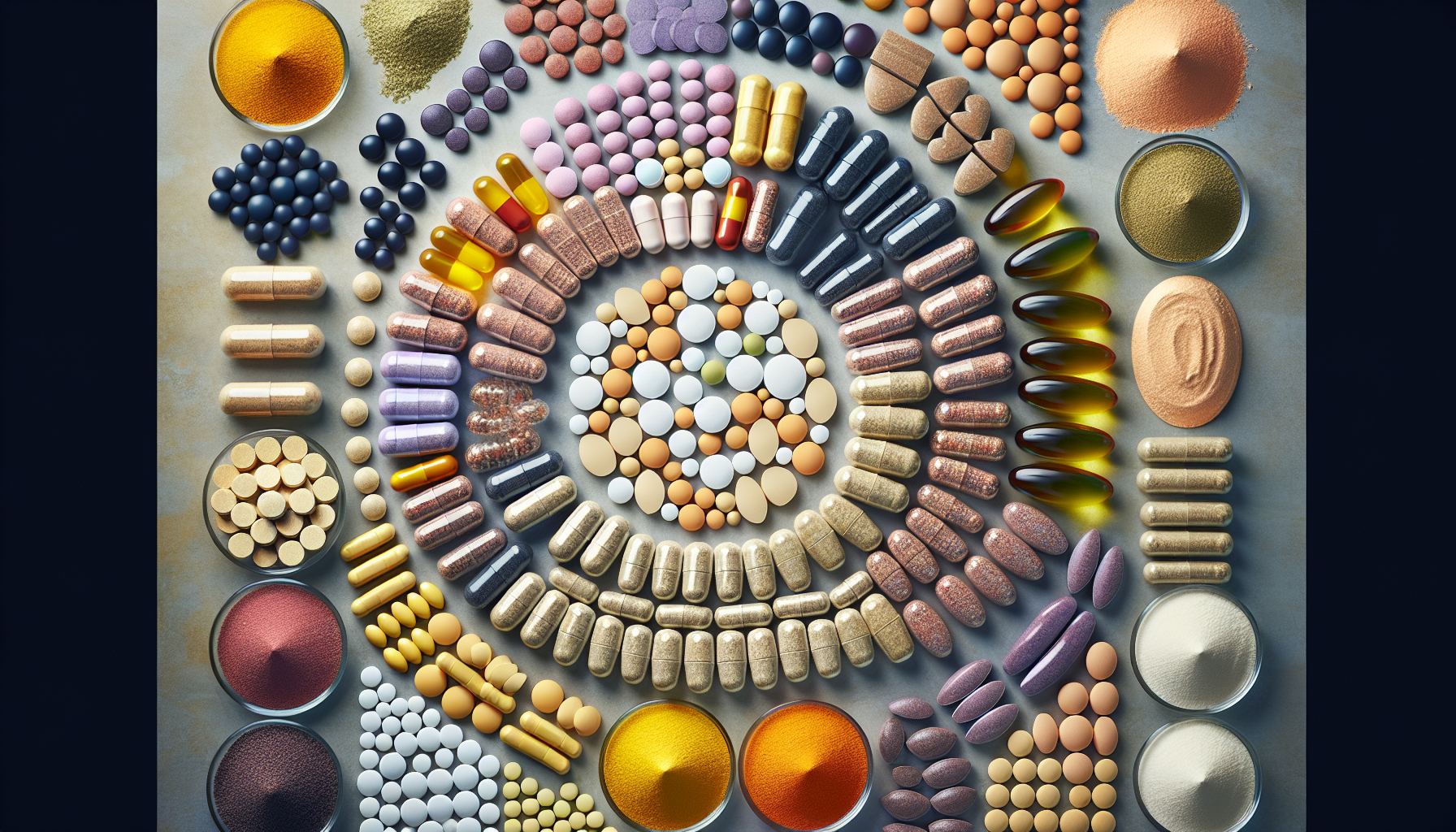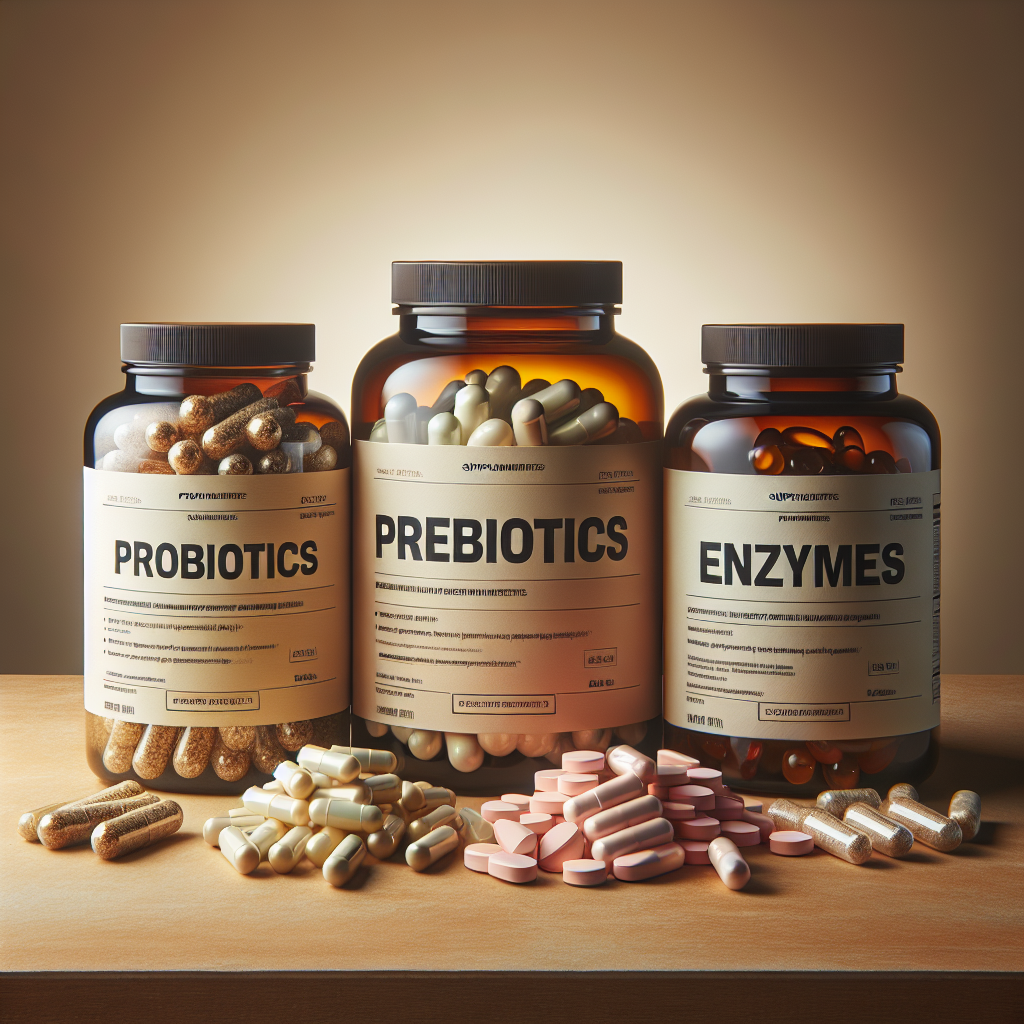Digestive health is a cornerstone of overall wellness, impacting everything from nutrient absorption to immune system function. Recovering digestive health, especially after disruptions such as illness, antibiotic use, or dietary indiscretions, can be a complex process. Dietary supplements play a pivotal role in this recovery, offering targeted support to restore balance and function to the gastrointestinal system.
Understanding Digestive Health
Before delving into the specifics of supplements, it’s crucial to understand the intricacies of the digestive system. It’s a highly coordinated system involving the mouth, esophagus, stomach, intestines, and various accessory organs like the liver and pancreas. Each plays a role in breaking down food, absorbing nutrients, and eliminating waste. A disruption in any part can have cascading effects on overall health.
One key to maintaining digestive health is the balance of the gut microbiota – the trillions of bacteria that reside in the intestinal tract. These microorganisms aid in digestion, produce essential vitamins, and protect against pathogens. Factors like diet, stress, and medication can disrupt this delicate ecosystem, necessitating targeted strategies for recovery.
The Role of Dietary Supplements
Dietary supplements can provide the necessary nutrients and compounds to help restore digestive health. Here are several categories of supplements that can be particularly beneficial:
Probiotics
Probiotics are live microorganisms that, when administered in adequate amounts, confer a health benefit on the host. They can help repopulate the gut with beneficial bacteria, restoring balance to the microbiome. This is especially important after antibiotic use, which can indiscriminately kill both harmful and beneficial bacteria.
Prebiotics
Prebiotics are non-digestible food components that promote the growth of beneficial microorganisms in the intestines. They are essentially “food” for probiotics and can help increase the population of healthy bacteria in the gut.
Digestive Enzymes
Supplemental digestive enzymes can assist the body in breaking down food into its constituent nutrients, which is particularly helpful for individuals with enzyme deficiencies or those recovering from gastrointestinal diseases.
Fiber
Fiber supplements can help regulate bowel movements and are essential for maintaining a healthy digestive tract. They can also feed beneficial gut bacteria and support a healthy microbiome.
Antioxidants
Antioxidants can protect the digestive tract from damage by free radicals, which can be particularly useful during periods of recovery when the body is more vulnerable to oxidative stress.
Amino Acids
Certain amino acids, like glutamine, support the repair of the gut lining and maintain the integrity of the intestinal barrier, which can be compromised during digestive disturbances.
Implementing Supplements for Recovery
Incorporating dietary supplements into a recovery regimen should be done thoughtfully and, when possible, under the guidance of a healthcare professional. Here are some strategies for effectively using supplements to aid in digestive health recovery:
-
Start with Probiotics: After a course of antibiotics or a digestive upset, introducing a probiotic supplement can help quickly replenish beneficial bacteria. Look for strains that have been clinically studied for their efficacy.
-
Add Prebiotics: To ensure that probiotics have the best chance of survival and colonization, prebiotic supplements can be simultaneously introduced to the diet.
-
Consider Digestive Enzymes: If digestion is impaired, digestive enzyme supplements can be incredibly helpful, especially with meals that are more challenging to digest.
-
Incorporate Fiber Gradually: A sudden increase in fiber can cause discomfort for some people. Gradually increasing a fiber supplement can help the body adjust and promote regularity.
-
Introduce Antioxidants: Supplements rich in antioxidants can help protect and repair the digestive tract. Curcumin, derived from turmeric, is one such compound with well-documented anti-inflammatory properties.
-
Support with Amino Acids: Glutamine, found in many recovery-focused supplements, can support the healing of the gut lining and should be considered a staple in any digestive recovery plan.
High-Quality Resources for Further Reading
- For an in-depth review of the human microbiome and its relationship with health and disease, explore the research articles and resources available on the Human Microbiome Project.
- The International Foundation for Gastrointestinal Disorders provides comprehensive information on various GI disorders, treatments, and recovery strategies.
- American Gastroenterological Association offers guidelines, patient education materials, and the latest research on digestive health and recovery.
Practical Tips for Supplement Use
While dietary supplements can be powerful allies in digestive health recovery, there are a few practical tips to keep in mind:
- Quality Matters: Purchase supplements from reputable sources that provide transparent information about their ingredients and manufacturing processes.
- Personalization: Because each person’s digestive system is unique, tailor supplement use to individual needs, considering factors like existing health conditions and dietary habits.
- Consistency: Regular, consistent use of supplements as directed can be more effective than sporadic use.
- Monitor and Adjust: Pay attention to the body’s responses to supplements and adjust accordingly. What works for one person may not work for another.
Conclusion
Recovering digestive health is a multifaceted process that can be significantly supported through the strategic use of dietary supplements. By understanding the role of probiotics, prebiotics, digestive enzymes, fiber, antioxidants, and amino acids, individuals can tailor a supplement regimen to their specific recovery needs. With quality supplements, personalized plans, and professional guidance, restoring balance to the digestive system can be an attainable goal that paves the way for improved health and well-being.



